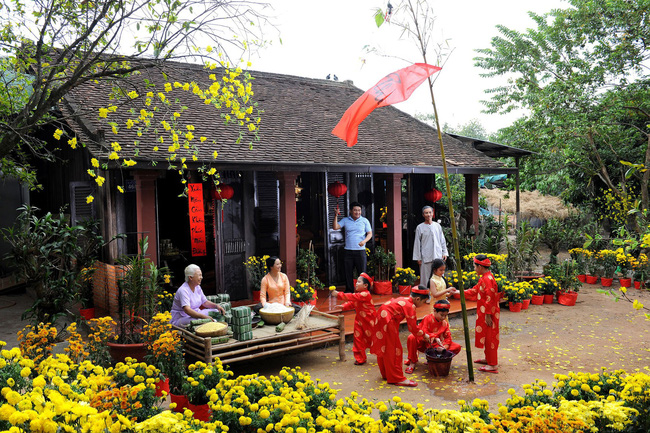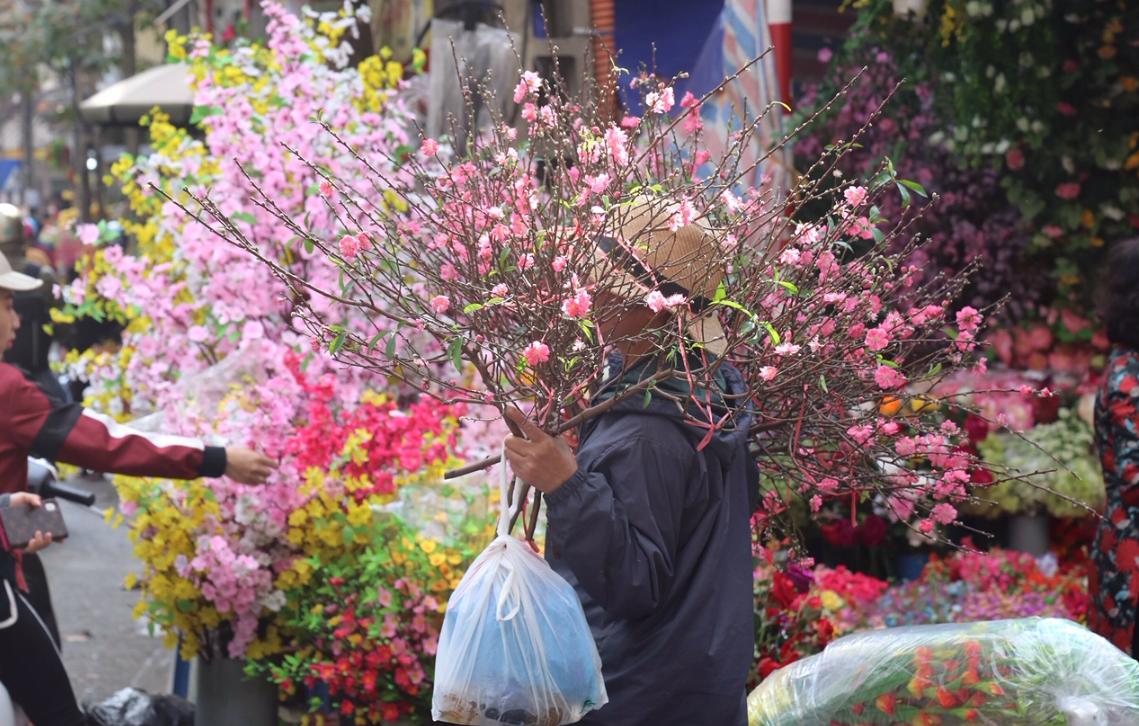Vietnam Lunar Calendar
Unlike that of solar calendar, leap years in lunar calendar will have some double months (like two Augusts or two March) instead of just an extra day added for February.
Foreigners arriving in Vietnam, particularly those from Western cultures, may find the dual usage of the lunar calendar alongside the international solar calendar somewhat unusual. Unlike the Japanese, who primarily use the lunar calendar for lunar-specific holidays like Tet holiday, Vietnamese people incorporate both calendars into their daily lives.
The solar calendar is employed for events associated with work, such as birthdays and anniversaries, while the lunar calendar holds greater significance in religious activities. For instance, Tet Holidays, Full Moon Day, the Hung Kings' Death Anniversary, and numerous other Vietnamese festivals are determined by the lunar calendar.
 Photo : vtv.vn
Photo : vtv.vn
Death anniversaries honoring ancestors remain vital occasions for every Vietnamese individual to observe as they mature. These events offer opportunities to pay respects and celebrate family unity. In the unfortunate event of a family member's passing, the family must communicate the news according to both the solar and lunar calendars.
Additionally, the first and 15th days of each lunar month, known as full moon days, are regarded as significant times. Many people visit temples or pagodas for worship and meditation on these days, and some choose to eat vegetarian foods to cleanse their spirits.
Noteworthy life milestones, such as moving into a new home, getting married, or starting a new business, are also tracked according to the lunar calendar.
It is believed that each lunar year is governed by a specific star, and if that star conflicts with the star of a person's destiny, it could signify a challenging year. Consequently, many avoid major undertakings like marriage or building during such times.
 Photo : zingnews.vn
Photo : zingnews.vn
The lunar months significantly influence the daily activities of the Vietnamese. There is a common belief that shaving or cutting hair before the 15th day of the lunar month will lead to bad luck, prompting many to postpone such grooming until after this date. Certain foods, such as dog meat, squid, or duck, are also considered inauspicious if consumed in the initial days of a lunar month. In contrast, eating these items at the month's end is thought to help ward off misfortune.
In general, the lunar calendar represents a deeply ingrained tradition in Vietnam that has evolved over thousands of years. Many Vietnamese consider it indispensable in their lives. Below is a sample of a widely used calendar block in Vietnamese households, with the larger number indicating the solar calendar date and the smaller yellow number signifying the corresponding lunar day.
Are you curious about the date of the Lunar New Year in Vietnam this year? Visit our Vietnam New Year - Tet page for full details.








